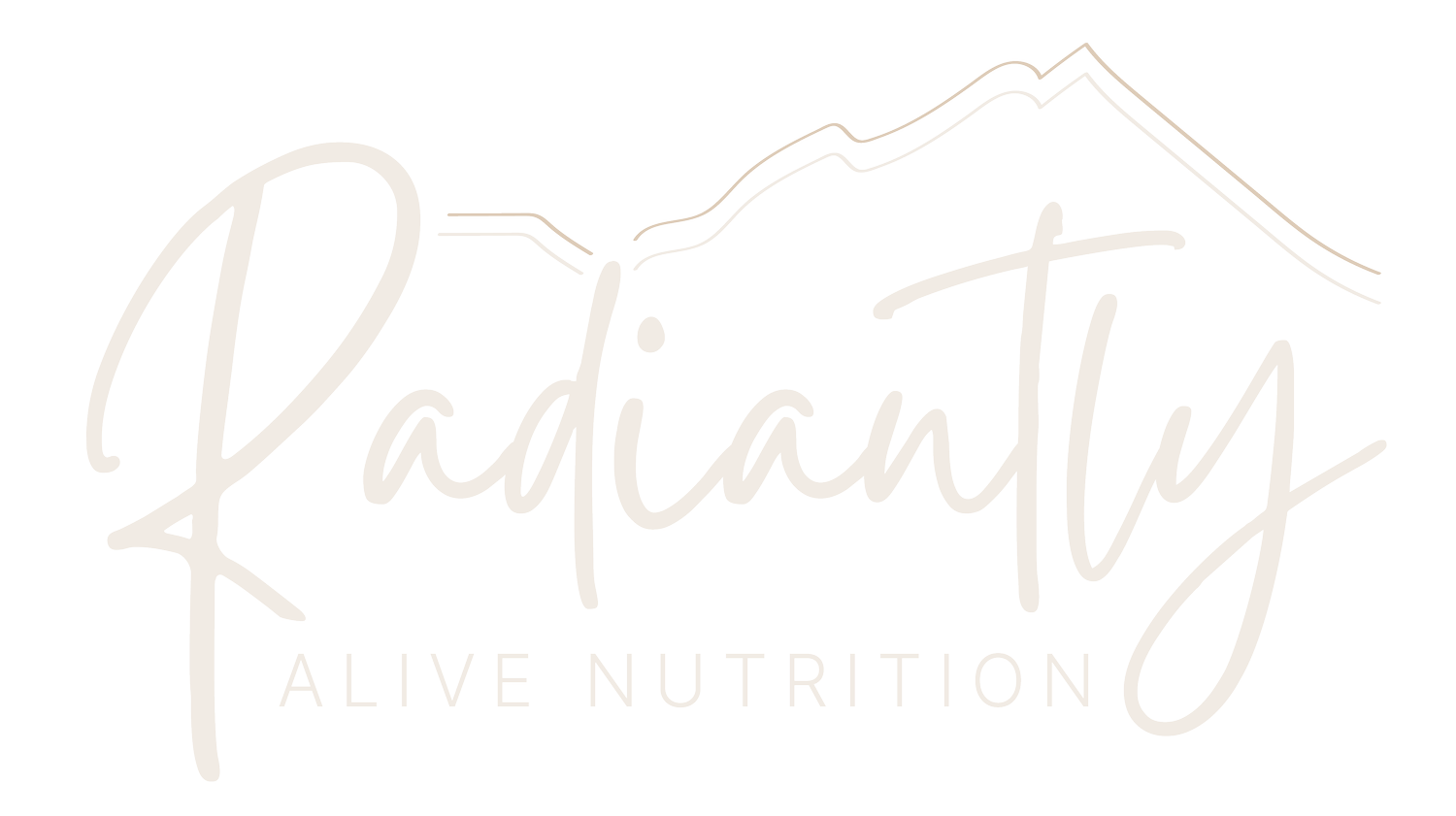Understanding PMS: Causes and Ways to Heal Symptoms
Premenstrual syndrome (PMS) is a common, yet often misunderstood, condition that affects many women during their menstrual cycle. While it's easy to dismiss PMS as a mere mood swing, its impact on physical and emotional well-being can be significant. Keep reading to learn some of the reasons behind PMS and explore some effective strategies to alleviate its symptoms.
Potential Causes of PMS
PMS is a complex interplay of hormonal, emotional, and lifestyle factors. While the exact cause remains elusive, several contributing factors have been identified:
Hormonal Fluctuations: Hormones play a pivotal role in regulating the menstrual cycle. During the menstrual cycle, estrogen and progesterone levels rise and fall. It's these hormonal fluctuations that are believed to be a primary trigger for PMS symptoms. Some women are more sensitive to these changes, making them more prone to severe symptoms. There are a number of factors that can contribute to hormonal imbalances such as having too much estrogen or too little progesterone.
Serotonin Levels: Serotonin, a neurotransmitter in the brain, is responsible for regulating mood. Some studies suggest that women with PMS may experience fluctuations in serotonin levels, which can contribute to mood swings, irritability, and depression during this time.
Nutritional Imbalances: Diet can have a significant impact on PMS symptoms. Certain nutrients, such as magnesium, calcium, and B vitamins, are essential for hormone regulation and mood stability. Deficiencies in these nutrients can exacerbate PMS symptoms.
Stress: Chronic stress can worsen PMS symptoms. High-stress levels can disrupt hormonal balance and amplify emotional symptoms like anxiety and irritability.
Lifestyle Factors: Sedentary lifestyles, smoking, excessive alcohol consumption, and inadequate sleep can all worsen PMS symptoms. Leading an unhealthy lifestyle can exacerbate hormonal imbalances and emotional disturbances.
Effective Strategies for Improving PMS Symptoms
Now that we understand some of the underlying causes of PMS, let's explore practical ways to manage and alleviate its symptoms:
Maintain a Balanced Diet: Incorporate a well-balanced diet rich in fruits, vegetables, whole grains, lean proteins, and healthy fats. Focus on foods that are high in magnesium, calcium, and B vitamins, as these nutrients can help regulate hormones and mood.
Support Your Liver: Think detoxification here. Consuming diet rich in cruciferous vegetables (like broccoli and kale) contains compounds that aid in estrogen metabolism. Fiber from fruits, vegetables, and whole grains can also help eliminate excess hormones from your body. Staying hydrated is also very important for detoxification along with practices like castor oil packs and dry brushing.
Regular Exercise: Engaging in physical activity is an important act of premenstrual syndrome self care. Exercise can help with detoxification, reduce stress, improve circulation, and release endorphins, which can alleviate mood-related PMS symptoms.
Maintain a Healthy Gut: Incorporate probiotic-rich foods like yogurt, kefir, and sauerkraut into your diet. These foods promote a healthy gut microbiome. Also make sure to limit (or avoid entirely) processed foods, sugar, and artificial additives, as they can disrupt gut health and exacerbate inflammation.
Stress Management: Practice stress-reduction techniques such as yoga, meditation, deep breathing exercises, or mindfulness. Reducing stress can positively impact hormonal balance and emotional well-being.
Adequate Sleep: Prioritize sleep by establishing a consistent sleep schedule and creating a comfortable sleep environment. Quality sleep can improve energy levels and reduce fatigue associated with PMS.
Supplements: Consider supplements like calcium, magnesium, and vitamin B6, under the guidance of a healthcare professional, to address nutritional deficiencies that may worsen PMS symptoms.
Herbal Remedies: Some women find PMS relief by using herbal remedies like chasteberry (Vitex agnus-castus) or evening primrose oil.
When it comes to managing PMS, it's crucial to adopt a holistic approach that includes both liver support and gut health. By nurturing these two vital components, you can create an environment in your body that is better equipped to handle hormonal fluctuations and mitigate PMS symptoms.
PMS doesn't have to be an inevitable monthly struggle. By recognizing the significance of liver support and gut health, you can take proactive steps towards alleviating PMS symptoms.
A balanced diet, hydration, stress management, and targeted supplements can all contribute to a smoother menstrual cycle and a happier, healthier you. Remember that individual responses to lifestyle changes may vary, so consulting with a healthcare provider can provide personalized guidance on managing PMS effectively.
Contact me to discuss how I can help you alleviate your PMS symptoms today!

